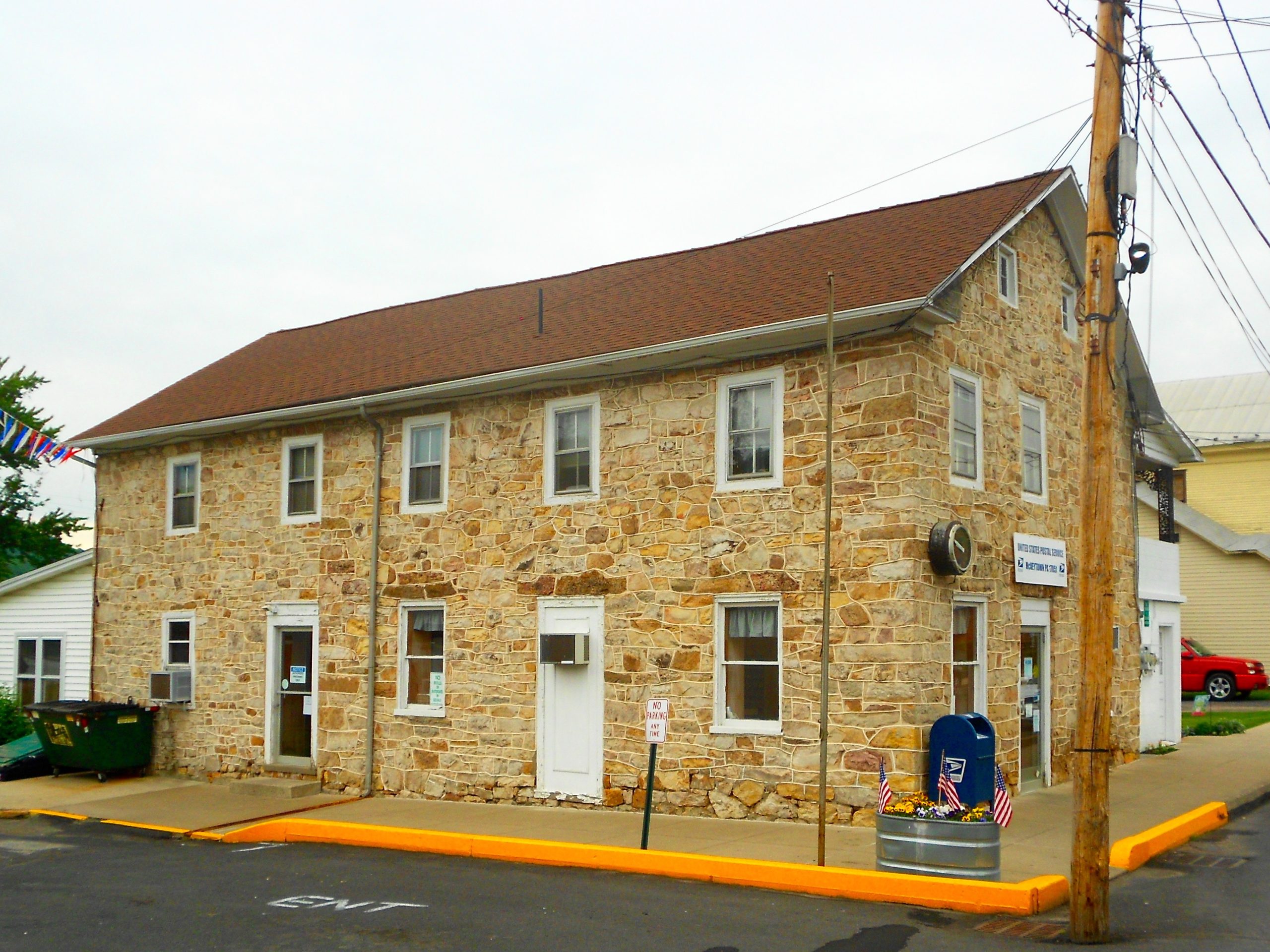 No one should have to deal with sexual harassment in the workplace. If you are dealing with sexual harassment at work and you report it to your employer, you hope they will act on your report. How do actions taken by your employer affect your ability to recover for sexual harassment in court?
No one should have to deal with sexual harassment in the workplace. If you are dealing with sexual harassment at work and you report it to your employer, you hope they will act on your report. How do actions taken by your employer affect your ability to recover for sexual harassment in court?
Shelita Tucker worked for UPS in Port Allen, Louisiana for three years. One of the subordinates she managed was Larry McCaleb. Tucker claimed McCaleb sexually harassed her for about two years. His alleged sexual harassment involved inappropriate touching. Soon after the incident with the inappropriate touching, Tucker reported what had happened to the business manager. McCaleb was taken out of service while the investigation was ongoing. The next day, Tucker filed a complaint with the UPS Compliance Line. She subsequently also filed a report with the local police department.
The next week, Tucker was on a scheduled vacation. While she as on vacation, UPS investigated the matter and suspended McCaleb. When McCaleb was allowed to return to work, UPS took corrective action including meeting with McCaleb, counseling him about proper behavior and relevant policies, and prohibiting him from going near Tucker. McCaleb was also convicted of battery and sentenced to 90-days in jail. Tucker reported McCaleb never talked to or touched her again. The one-time McCaleb entered her work area, she reported it and UPS addressed it. Tucker claimed she still felt unsafe at work because McCaleb also worked at the facility. However, she said she was still about to perform her job. She claimed McCaleb would stare at her as she walked in or out of work.
 Insurance Dispute Lawyer Blog
Insurance Dispute Lawyer Blog



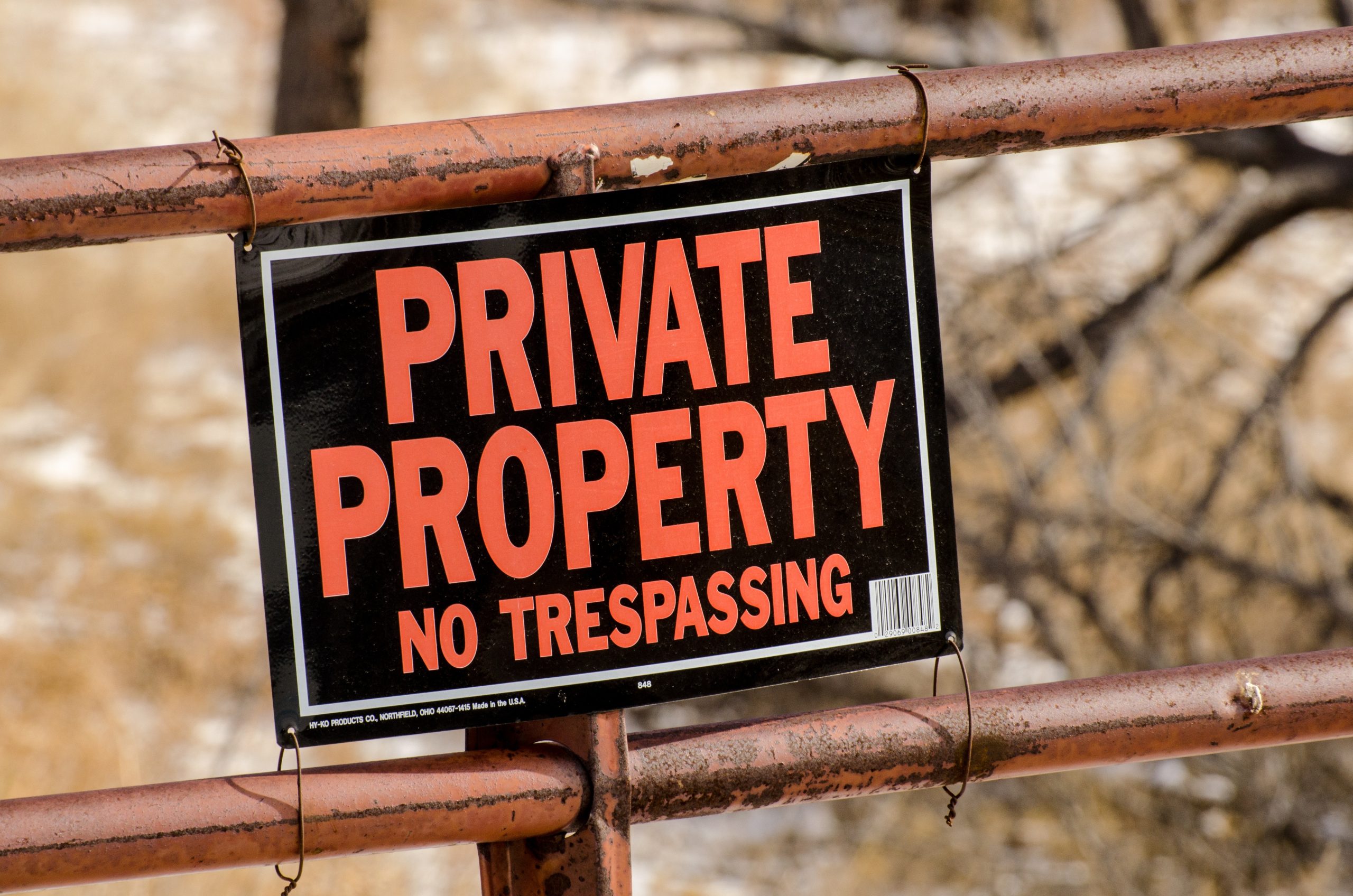 One of the joys of owning property is dealing with potential property disputes. Such disputes can get especially complicated when they involve old surveys and records and promises from prior owners. This case illustrates the importance of doing due diligence before purchasing property so you understand which of your neighbors might have the right to use part of your property.
One of the joys of owning property is dealing with potential property disputes. Such disputes can get especially complicated when they involve old surveys and records and promises from prior owners. This case illustrates the importance of doing due diligence before purchasing property so you understand which of your neighbors might have the right to use part of your property.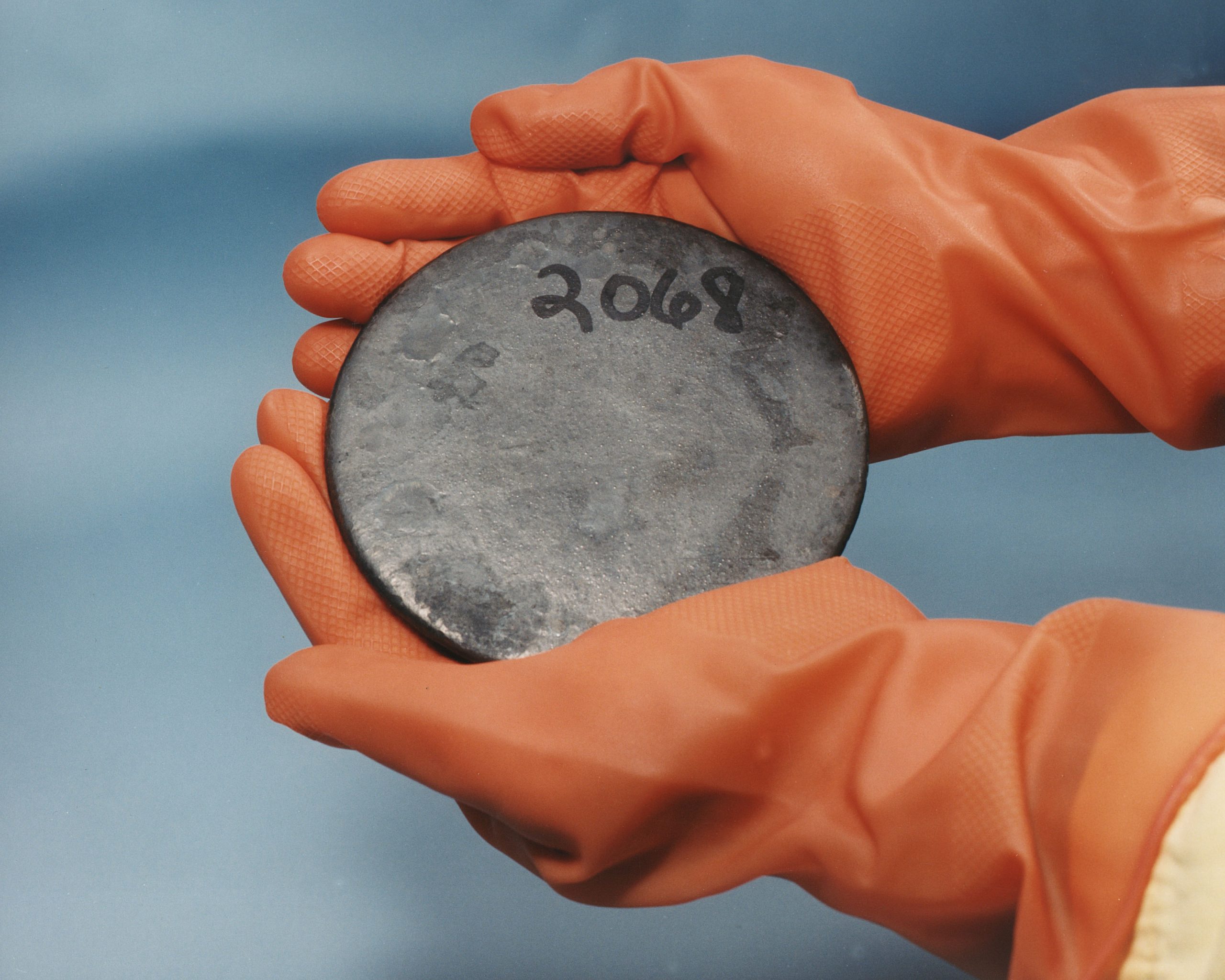 We have all heard the saying “time is of the essence.” This is especially true when you are filing a lawsuit. If you do not comply with the statutory requirements for how long you have to file a lawsuit, a court will be unable to hear your claim. Although certain exceptions apply that extend your timeline for filing a lawsuit, there are strict evidentiary requirements for these exceptions to apply.
We have all heard the saying “time is of the essence.” This is especially true when you are filing a lawsuit. If you do not comply with the statutory requirements for how long you have to file a lawsuit, a court will be unable to hear your claim. Although certain exceptions apply that extend your timeline for filing a lawsuit, there are strict evidentiary requirements for these exceptions to apply.  In the heart of Lafayette Parish, Louisiana, tragedy struck on Interstate 10 as a routine drive turned fatal. Arthur Huguley, behind the wheel of a tractor-trailer for AAA Cooper Transportation, found himself in a situation that would forever alter the lives of those involved. A blown-out tire, a series of events, and a wrongful death lawsuit brought forth by Curley Mouton’s surviving family members set the stage for a courtroom drama that unfolded with unexpected twists. In the end, a jury assigned fault, but the defendants, Huguley, AAA Cooper, and their insurer, were not ready to accept the verdict without a fight. This article explores the intricacies of their appeal, shedding light on the compelling arguments presented and the complexities of apportioning fault in a tragic accident.
In the heart of Lafayette Parish, Louisiana, tragedy struck on Interstate 10 as a routine drive turned fatal. Arthur Huguley, behind the wheel of a tractor-trailer for AAA Cooper Transportation, found himself in a situation that would forever alter the lives of those involved. A blown-out tire, a series of events, and a wrongful death lawsuit brought forth by Curley Mouton’s surviving family members set the stage for a courtroom drama that unfolded with unexpected twists. In the end, a jury assigned fault, but the defendants, Huguley, AAA Cooper, and their insurer, were not ready to accept the verdict without a fight. This article explores the intricacies of their appeal, shedding light on the compelling arguments presented and the complexities of apportioning fault in a tragic accident.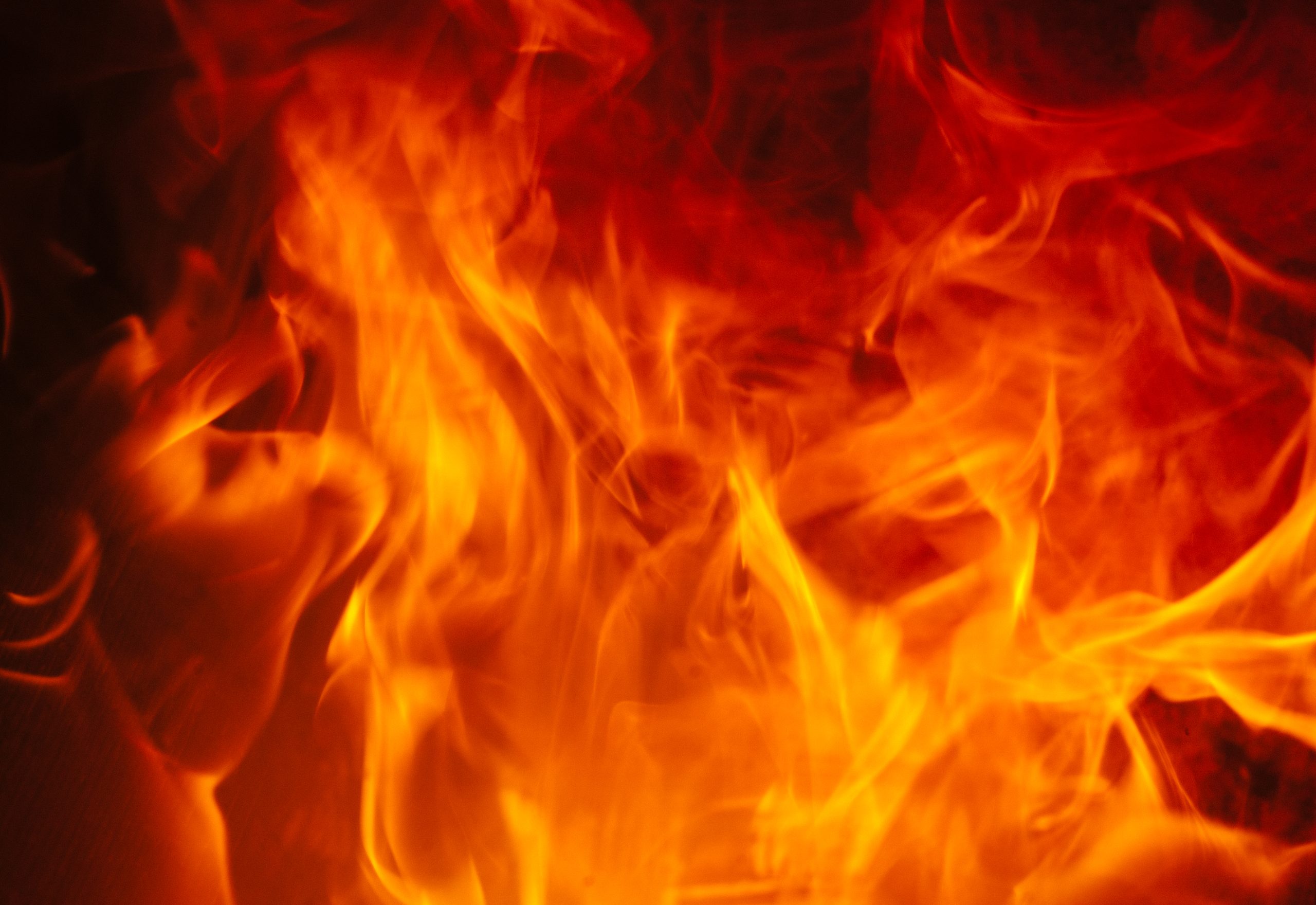 In a world where news headlines often feature calamitous industrial disasters, it’s hardly surprising to find legal battles trailing in their wake. The following case involves multiple individuals who filed lawsuits against the owner of a facility in Iberia Parish, Louisiana, that had a large fire.
In a world where news headlines often feature calamitous industrial disasters, it’s hardly surprising to find legal battles trailing in their wake. The following case involves multiple individuals who filed lawsuits against the owner of a facility in Iberia Parish, Louisiana, that had a large fire.  Dealing with the aftermath of a flood is never fun. This is especially true when the flood damages one of your vehicles. This is the situation Michael Jacobs found himself in after one of his cars was damaged in a flood. After a long fight with his insurance company, he eventually prevailed and was awarded damages.
Dealing with the aftermath of a flood is never fun. This is especially true when the flood damages one of your vehicles. This is the situation Michael Jacobs found himself in after one of his cars was damaged in a flood. After a long fight with his insurance company, he eventually prevailed and was awarded damages.  Prescription. Some may relate this term to the medical field and taking pills. But in Louisiana, it has an entirely new meaning. Think of the common phrase “the statute of limitations” many other states use. It’s just like that. A limit is set that blocks claims from being brought after a certain amount of time has passed from the original incident. In this case, the Fifth Circuit Court of Appeal addresses whether an insurance company’s peremptory exception of prescription could be sustained.
Prescription. Some may relate this term to the medical field and taking pills. But in Louisiana, it has an entirely new meaning. Think of the common phrase “the statute of limitations” many other states use. It’s just like that. A limit is set that blocks claims from being brought after a certain amount of time has passed from the original incident. In this case, the Fifth Circuit Court of Appeal addresses whether an insurance company’s peremptory exception of prescription could be sustained. 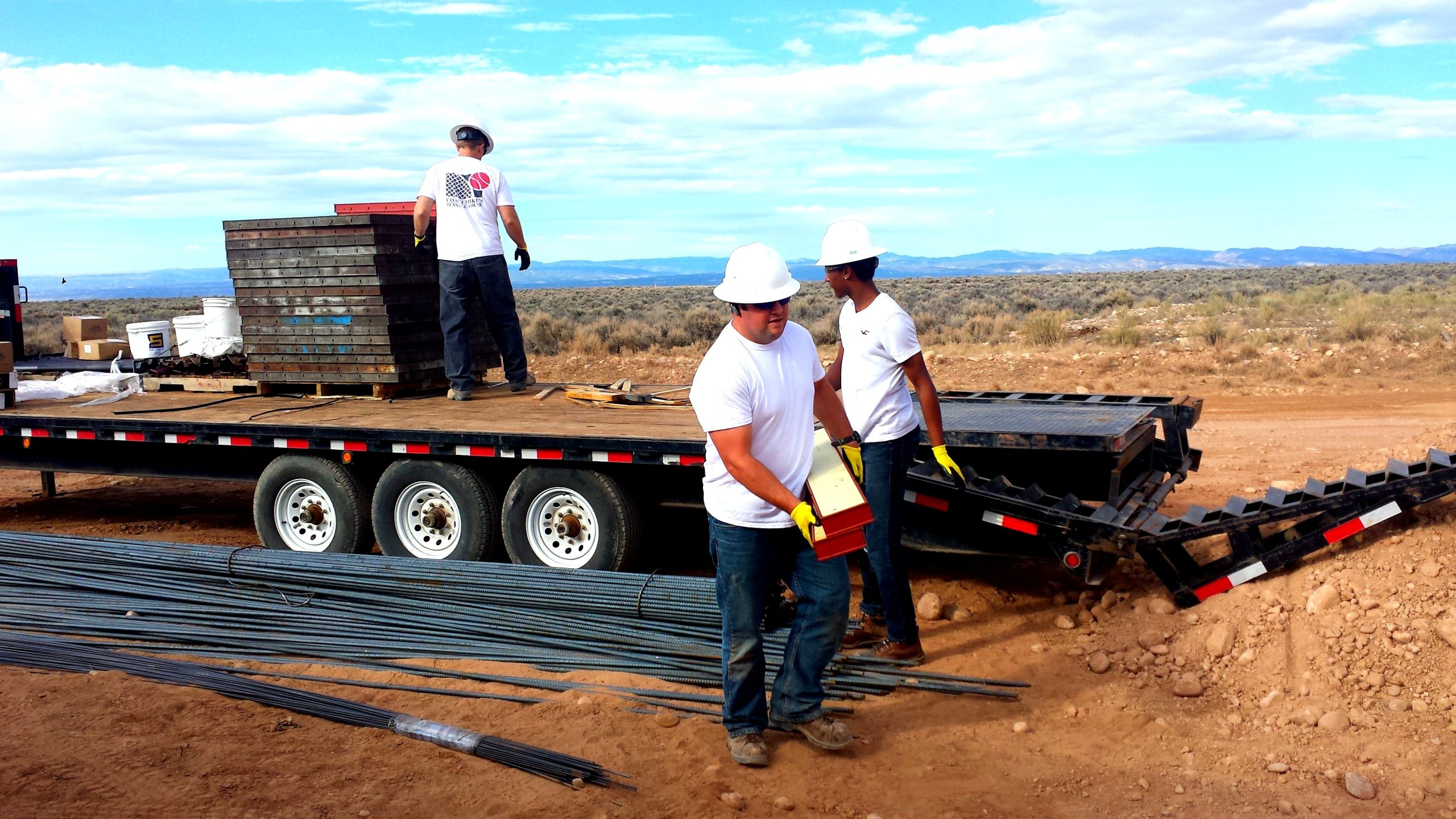 If you are injured on the job, one of your primary concerns is likely finding competent medical care. Under the Louisiana Workers’ Compensation Act, injured workers can select one physician of any specialty without their employer’s approval. What happens if your employer refuses to pay for your selected physician?
If you are injured on the job, one of your primary concerns is likely finding competent medical care. Under the Louisiana Workers’ Compensation Act, injured workers can select one physician of any specialty without their employer’s approval. What happens if your employer refuses to pay for your selected physician? 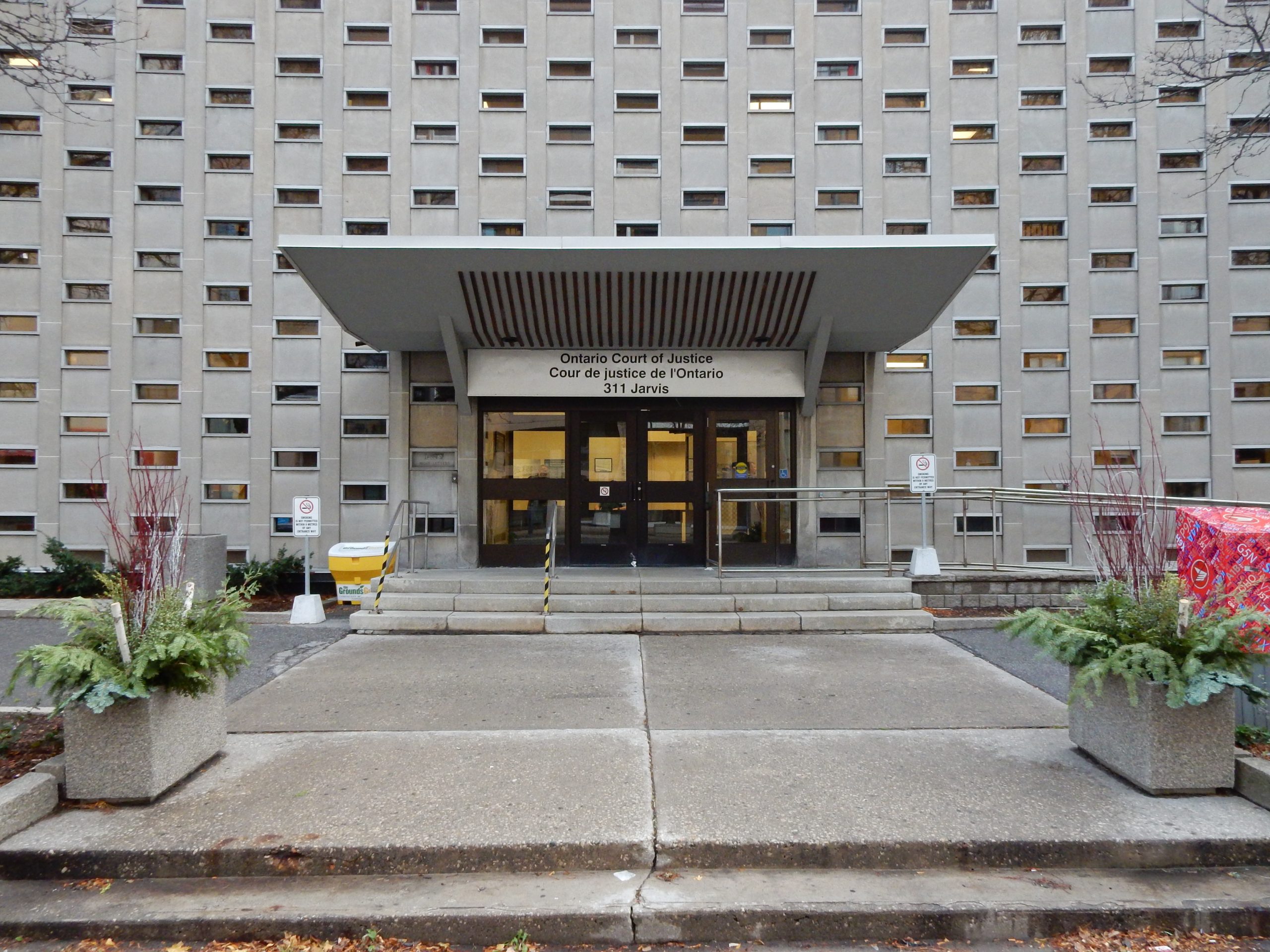 When you think about medical malpractice lawsuits, a botched surgery or missed diagnosis are likely the first things that come to mind. The following case involves a less common situation involving purported medical malpractice involving physical therapy post-surgery. It analyzes the relationship between a doctor and a physical therapist and whether a doctor can be vicariously liable for the actions of a physical therapist.
When you think about medical malpractice lawsuits, a botched surgery or missed diagnosis are likely the first things that come to mind. The following case involves a less common situation involving purported medical malpractice involving physical therapy post-surgery. It analyzes the relationship between a doctor and a physical therapist and whether a doctor can be vicariously liable for the actions of a physical therapist. Lawsuits involving slip and fall accidents are widespread. However, specific requirements must be satisfied to prevail in a slip-and-fall case. The following lawsuit helps answer the question: Can a business be held liable if a patron slips and falls on a wet walkway?
Lawsuits involving slip and fall accidents are widespread. However, specific requirements must be satisfied to prevail in a slip-and-fall case. The following lawsuit helps answer the question: Can a business be held liable if a patron slips and falls on a wet walkway?